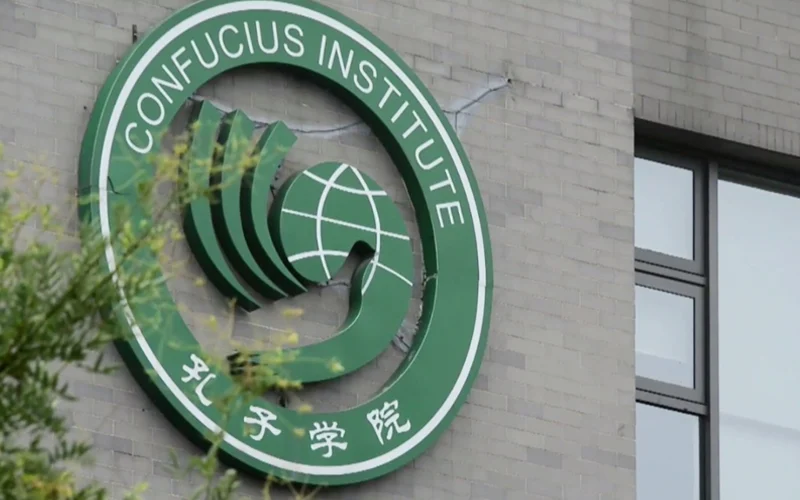In a significant development, several leading Australian universities have closed their Confucius Institutes, the Chinese government-backed centers aimed at promoting Chinese language and culture. This move reflects growing concerns over foreign influence and academic freedom within Australia’s higher education sector.
Universities Shutting Down Confucius Institutes
The University of Melbourne and the University of Queensland are among the prominent institutions that have recently terminated their associations with Confucius Institutes. These closures mean that nearly half of all Confucius Institutes at Australian universities have been shuttered.
Reasons Behind the Closures
The closures are part of a broader reevaluation of foreign partnerships within Australian universities. Concerns have been raised about the potential for these institutes to serve as conduits for Chinese government influence, potentially impacting academic freedom and the integrity of educational content. The Australian government has been scrutinizing foreign interference in domestic institutions, leading to increased caution in international collaborations.
Ongoing Debate and Future Implications
The decision to close Confucius Institutes has sparked debate within academic and political circles. While some view the closures as necessary to safeguard academic independence, others argue that they may hinder cultural exchange and understanding. The Coalition, led by Opposition Leader Peter Dutton, has launched a campaign against perceived ideological agendas in universities, further intensifying discussions about the role of foreign entities in Australian education.
As this situation evolves, it remains to be seen how these closures will impact Australia’s educational and cultural engagement with China. Universities are now tasked with finding alternative means to promote Chinese language and cultural studies without compromising academic freedom and institutional integrity.











